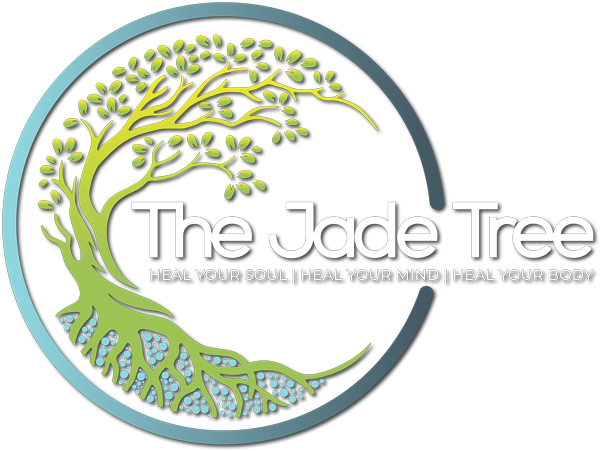
Aromatherapy
Aromatherapy is a holistic healing treatment which has been around for thousands of years. Cultures like China, India, Egypt & Persia started using aromatic plant components in resins, balms, and oil for medical and religious purposes and for both physical and psychological benefits. French and German doctors recognized the role of natural botanicals in treating illness.
Aromatherapy is the practice of using highly concentrated plant oils, essential oils, to promote health and well-being. When inhaled, the scent molecules in essential oils travel from the olfactory nerves directly to the brain and especially impact the amygdala, the emotional centre of the brain.
Essential oils can also be absorbed by the skin. A massage therapist might add a drop or two of wintergreen to oil to help relax tight muscles during a rubdown. The most common use of essential oils lately is the inclusion in bath salts which can deliver the most wonderful aromas and relaxation in the bath or to add one or two drops directly into the water. The oil coats and penetrates the skin as you lie in the bath.
Fragrance is the key element of aromatherapy because smell has a direct effect on the brain and central nervous system, influencing our moods and feelings, relaxing the body and mind, and promoting self-healing. The oils can be used to fragrance a room by means of a vaporizer or oil burner. When you use essential oils are used directly on the skin this should always be diluted.
When used in massage, you additionally benefit from the stimulation of the acupuncture/acupressure points, the blood, and the lymphatic circulation, as well as the calming of the nervous system. In addition, oils applied directly to the skin are easily absorbed into the bloodstream and efficiently metabolized by the body.
What are essential oils?
Essential oils are basically plant extracts. They’re made by steaming or pressing various parts of a plant (flowers, bark, leaves, or fruit) to capture the compounds that produce fragrance. It can take several pounds of a plant to produce a single bottle of essential oil.
Although best known for promoting relaxation and a sense of well-being, aromatherapy can also be used to treat illness. Each essential oil has a highly complex pharmacological structure, with a wide variety of uses. Some oils are anti-inflammatory and sedative; others stimulate the circulation or have anti-viral and immune-stimulating properties.
Aromatherapy has had good results in treating:
- Wound healing
- Chronic fatigue
- Anxiety
- Skin conditions such as acne
- Neck and back pain
- Colds and flu
- Menopausal & menstrual complaints
- RSI (repetitive strain injury)
- Respiratory problems
- Insomnia
- Poor circulation
- Stress and headaches.
Some of the most popular essential oils include:
Lavender oil
Relaxing – often used to help relieve stress and anxiety and promote good sleep
Tea tree oil
Mainly wound healing – commonly used for acne, athlete’s foot and insect bites
Lemon oil
Mood booster – It’s also often used in homemade cleaning products
Frequesntly Asked Questions
Email: [email protected]

© The Jade Tree | Site Developed by BlackInk

